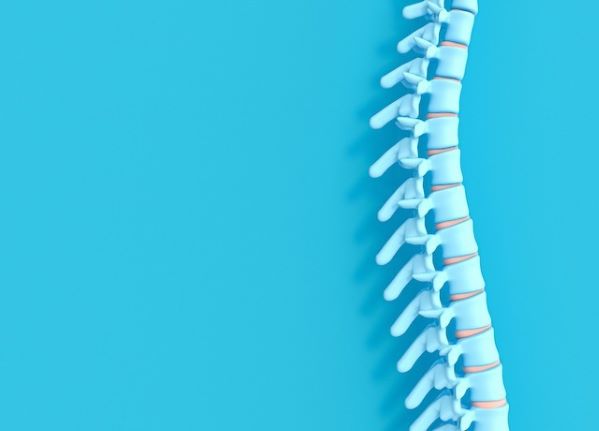Scientists develop micofluidic chip to make cell therapy safer
March 16, 2024
Source: drugdu
 377
377
 The chip removes cells, which could become tumours, before they are implanted in a patient
The chip removes cells, which could become tumours, before they are implanted in a patient
Researchers from the Massachusetts Institute of Technology (MIT) and the Singapore-MIT Alliance for Research and Technology have developed a plastic microfluidic chip to improve the safety and effectiveness of cell therapy treatments for patients living with spinal cord injuries.
In cell therapy, clinicians create induced pluripotent stem cells using skin or blood cells from a patient.
When treating a spinal cord injury, pluripotent stem cells are transformed into progenitor cells, which differentiate into spinal cord cells, which are transplanted back into the patient.
Despite being able to regenerate part of the injured spinal cord, pluripotent stem cells do not completely change into progenitors and can form tumours.
Researchers developed a microfluidic cell sorter to remove around half of the undifferentiated cells in a batch to mitigate potential tumours without causing damage to fully-formed progenitor cells.
The low-cost plastic chip device sorts over three million cells per minute and when chained with many devices, it can sort more than 500 million cells per minute.
The team found that pluripotent stem cells were larger than the progenitors from which they derived. The microfluidic device works to leverage this size difference to sort the cells.
In addition, researchers also noted that they could improve the sorter’s operation by running it twice: first at a lower speed to stick larger cells to the walls and sort smaller cells out, then at a higher speed to sort out larger cells.
In total, the device could remove around 50% of the larger cells with one pass. Researchers also confirmed that the larger cells they removed were associated with a higher tumour risk.
Researchers now plan to conduct larger studies and animal models to see if the purified cells function better in vivo.
“If we can convincingly demonstrate these benefits in vivo, the future might hold even more exciting applications for this technique,” said Jongyoon Han, MIT professor of electrical engineering and computer science, and biological engineering.
http://be.mit.edu/news-events/news/scientists-develop-low-cost-device-make-cell-therapy-safer#:~:text=A%20plastic%20microfluidic%20chip%20can,safer%2Dcell%2Dtherapy%2D%E2%80%A6
By editorRead more on
- The first subject has been dosed in the Phase I clinical trial of Yuandong Bio’s EP-0210 monoclonal antibody injection. February 10, 2026
- Clinical trial of recombinant herpes zoster ZFA01 adjuvant vaccine (CHO cells) approved February 10, 2026
- Heyu Pharmaceuticals’ FGFR4 inhibitor ipagoglottinib has received Fast Track designation from the FDA for the treatment of advanced HCC patients with FGF19 overexpression who have been treated with ICIs and mTKIs. February 10, 2026
- Sanofi’s “Rilzabrutinib” has been recognized as a Breakthrough Therapy in the United States and an Orphan Drug in Japan, and has applied for marketing approval in China. February 10, 2026
- Domestically developed blockbuster ADC approved for new indication February 10, 2026
your submission has already been received.
OK
Subscribe
Please enter a valid Email address!
Submit
The most relevant industry news & insight will be sent to you every two weeks.



